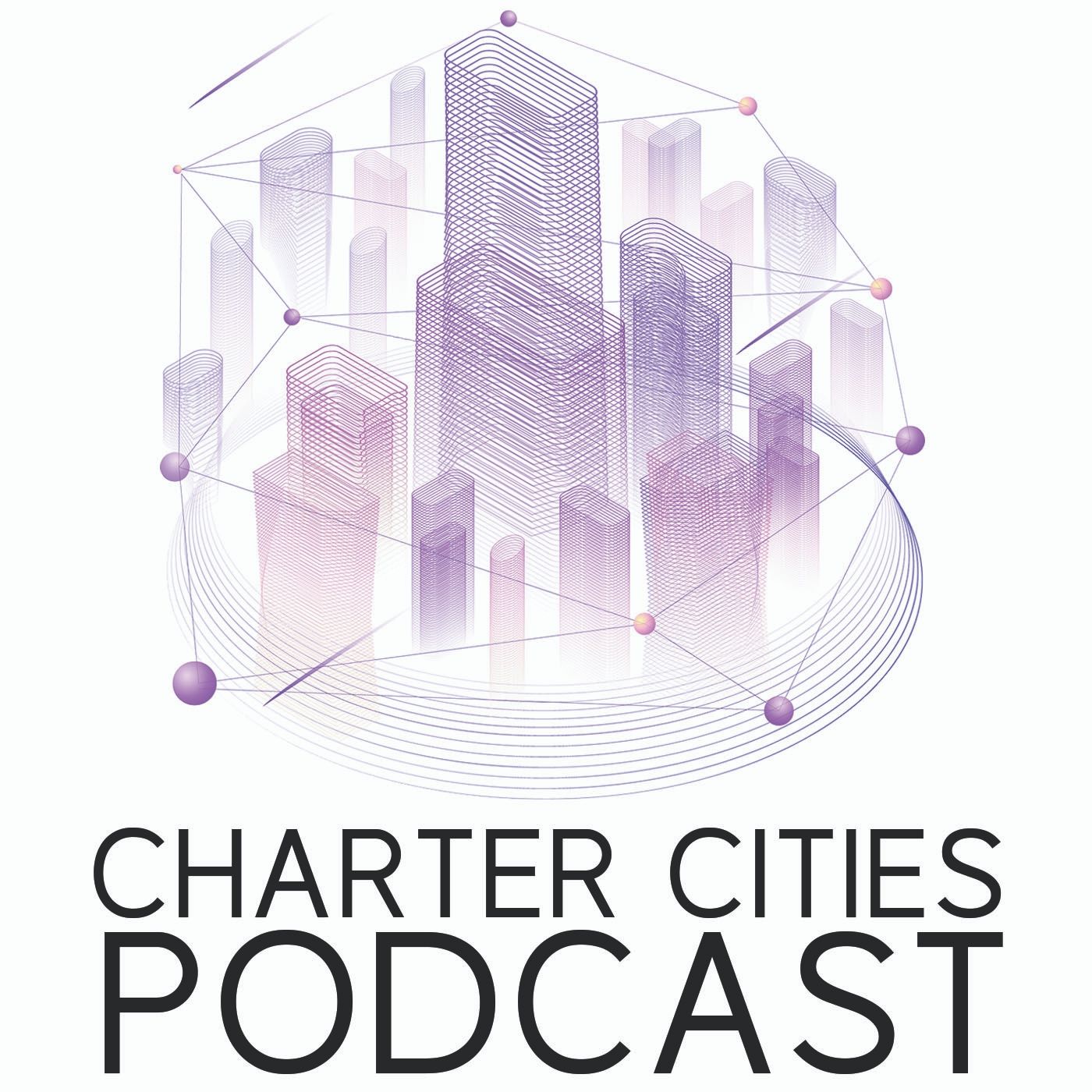The Political Economy of Immigration and Institutions with Alex Nowrasteh

A largely unexplored counterargument to immigration liberalization is that immigrants who come from countries with worse institutions will make the institutions in their destination country worse. In Wretched Refuse? The Political Economy of Immigration and Institutions, Alex Nowrasteh and Benjamin Powell respond to this argument and today we have Alex on the show to elaborate on their findings. Our conversation begins with a discussion on the foundational piece by Michael Clemens, ‘Trillion-Dollar Bills on the Sidewalk’. This paper finds that the marginal immigrant to the United States from a developing country can expect a fourfold increase in their wages, and the result of a global, free migration policy would be to increase global GDP by about 50% to 150%. Alex then unpacks why immigrating would be the most efficient option for improving an immigrant’s life. He responds to the arguments that immigrants should improve their home countries rather than immigrate and that the home countries of immigrants will worsen thanks to ‘brain drain’. Later in our conversation, Alex addresses the deep roots theory which proposes that the ancestry metrics of societies influence their GDP per capita. He then weighs in on whether culture impacts economic production. We hear about the central finding of Wretched Refuse, which is that immigrants don't worsen economic institutions in places where they go and in some cases improve them. Wrapping up, Alex shares his perspectives on changing immigration visa laws in the US and what the next ten years might hold in that respect. Tune in today!
Key Points From This Episode:
• The argument that immigration does not destroy the institutions responsible for prosperity in the modern world to be found in Alex’s book.
• Why immigrants from Yemen will 16X their salary after moving to the US.
• Alex’s response to the ‘Why don’t immigrants fix their home country rather?’ argument.
• The question of brain drain when immigrants leave their home countries and why matters are more complex than this.
• Why the overall economic gains immigrants offer to the US outweigh the threat they pose to some salaries.
• Why Alex is a skeptic when it comes to the deep roots argument for prosperity.
• Perspectives on the many reasons for why economic status of a country can change.
• The impacts of culture and trust on economic growth and whether immigrants erode this.
• Examples of mass immigrations to countries with poor institutions that experienced massive economic reforms in a liberalizing direction as a result.
• Alex’s thoughts on shifting H1B visa allocation from a lottery to a wage-based system.
• How the heartland visa system might encourage higher rates of legal immigration.
• What Alex thinks will happen around immigration liberalization in the next 10 years.
Links Mentioned in Today’s Episode:
Charter Cities Institute on Facebook
Charter Cities Institute on Twitter